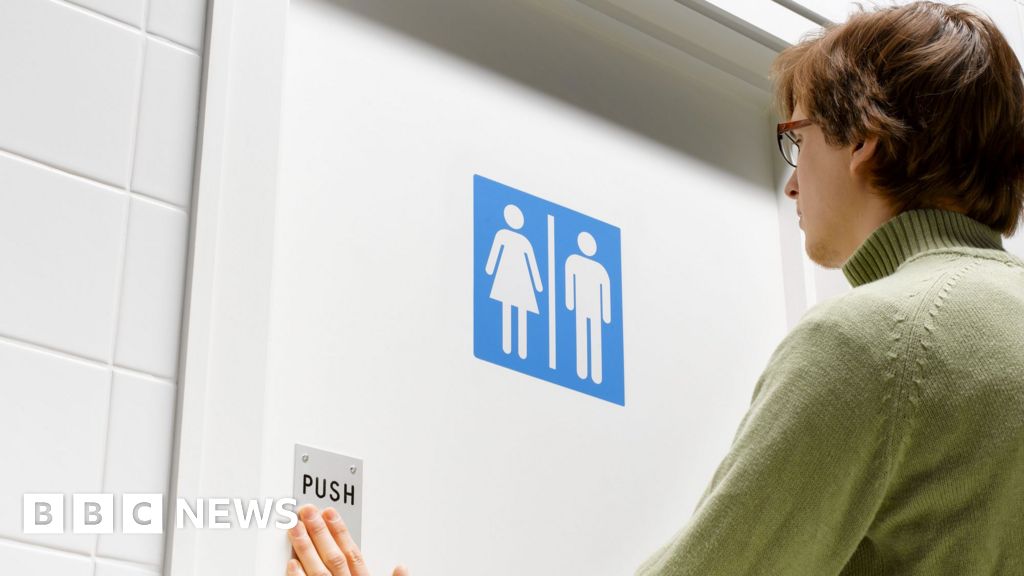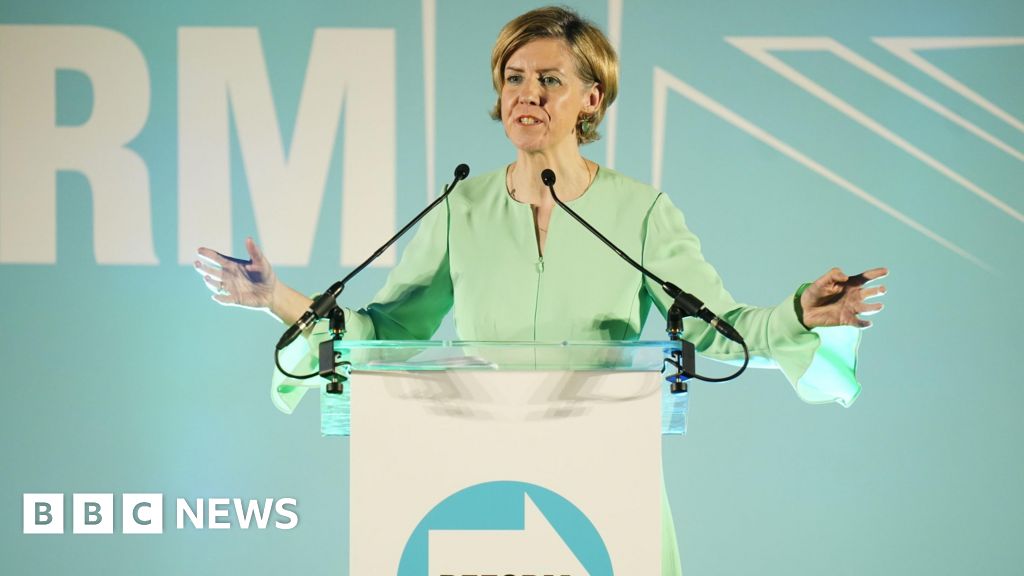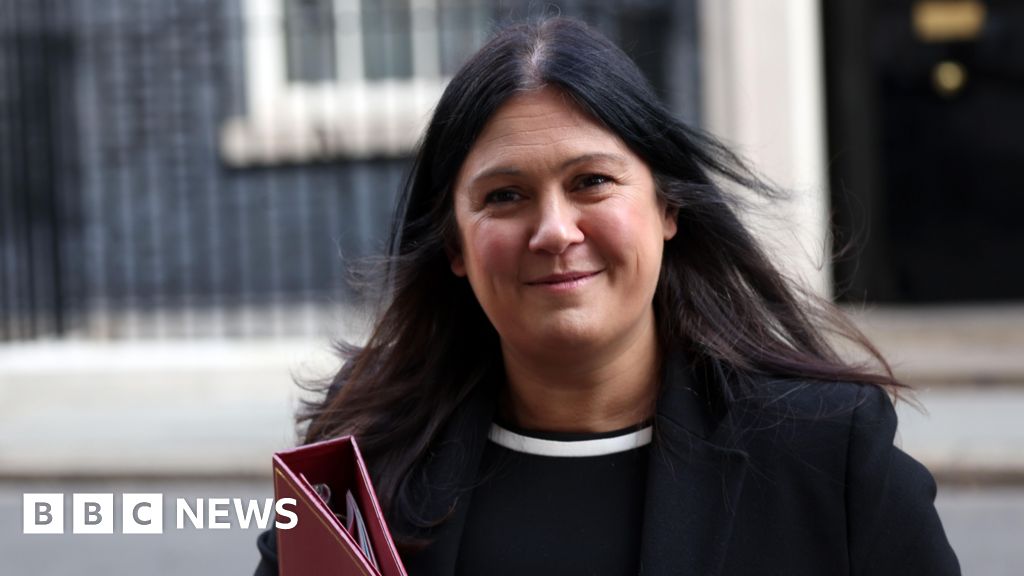ARTICLE AD BOX
By Mark Simpson
BBC News NI
Image source, Topical Press Agency/Getty Images
Image caption,Michael Collins (centre) and Arthur Griffith (left) shortly after the signing the Anglo-Irish Treaty in 1921
It is 100 years since the signing of the Anglo-Irish Treaty, which led to the creation of a separate Irish state.
The agreement was reached at Downing Street on 6 December 1921, five months after a truce in the Irish War of Independence.
It led to the creation of a self-governing Irish Free State.
But it did not give the Irish negotiators the 32-county republic they desired and it kept Ireland within the British Empire.
A number of exhibitions and debates have been organised in London and Dublin to mark the centenary of the treaty.
Cambridge University historian Dr Niamh Gallagher said keeping Ireland within the empire was a "red line" for the British negotiators in 1921, led by Prime Minister David Lloyd George.
She said: "The treaty was a much improved deal to what had been on the table in the home rule negotiations which had been ongoing since 1912.
"So in that sense, it was a far greater measure of independence than home rule would ever have granted most of Ireland.
"But at the same time it was very far away from that 32-county Irish republic."
The treaty did not overturn the partition of Ireland but instead made provision for a boundary commission to review the border. In the end, the border was unchanged.
Image source, Library of Congress/Corbis/Getty Images
Image caption,Éamon de Valera speaking out against the Anglo-Irish Treaty to a huge crowd in Dublin's Cork Street in 1922
Ultimately, the treaty precipitated the Irish Civil War. Opponents of the 1921 treaty, led by Éamon de Valera, felt it did not go far enough.
Supporters, led by Michael Collins and Arthur Griffith who signed the treaty, argued that it offered a pathway to full independence and the re-unification of Ireland.
Collins argued it provided "freedom to achieve freedom".
De Valera did not attend the eight-week treaty negotiations, even though he was the senior Sinn Féin figure at the time and was president of Dáil Éireann, the Dublin parliament set up in defiance of British rule in 1919.
The historian Dr Éamon Phoenix said that 100 years on, his absence from the negotiating table remains "mystifying".
"William T Cosgrave, a minister in the Dáil, said it was like playing with having your best player in the reserves," Dr Phoenix said.
"De Valera argued that he had to keep republicanism united and deal with a crisis if the talks broke down, rally the people at home.
"But more cynical minds might say that he knew there would have to be a compromise. He knew they wouldn't get a republic."
Image source, Google
Image caption,Sir James Craig became Northern Ireland's first prime minister in May 1921
The treaty came at the end of a pivotal year in Irish history.
In May 1921, Northern Ireland was created and the unionist leader Sir James Craig subsequently became its first prime minister.
King George V officially opened the Northern Ireland parliament in June and used his speech to appeal for peace and reconciliation on the island.
Read more about the Anglo-Irish Treaty
An Anglo-Irish war had been raging since 1919 but the conflict soon drew to a close. A truce was called in July 1921.
Talks began almost immediately to try to reach a political settlement, with de Valera travelling to London for discussions with Lloyd George. Formal negotiations started in October.
Image source, Getty Images/Hulton Archive/Topical Press Agency
Image caption,The British and Irish signatures on the document that outlined the terms of the treaty
After the treaty was agreed in December, Collins and Griffith and the other Irish negotiators returned to Dublin.
Lengthy debates were held in the Dáil, where the treaty was approved in January 1922 by 64 votes to 57.
Within six months, civil war broke out.
The treaty stopped one war but started another.
The BBC News NI website has a dedicated section marking the 100th anniversary of the creation of Northern Ireland and partition of the island.
There are special reports on the major figures of the time and the events that shaped modern Ireland available at bbc.co.uk/ni100.
Year '21: You can also explore how Northern Ireland was created a hundred years ago in the company of Tara Mills and Declan Harvey.
Listen to the latest Year '21 podcast on BBC Sounds or catch-up on previous episodes.

 3 years ago
63
3 years ago
63








 English (US) ·
English (US) ·